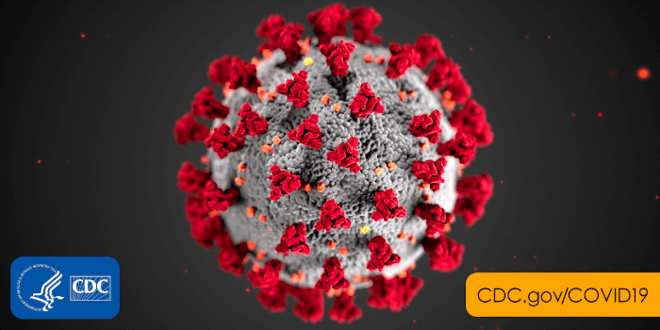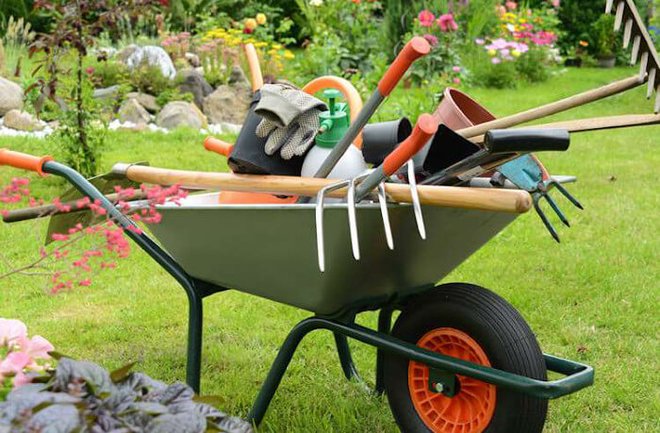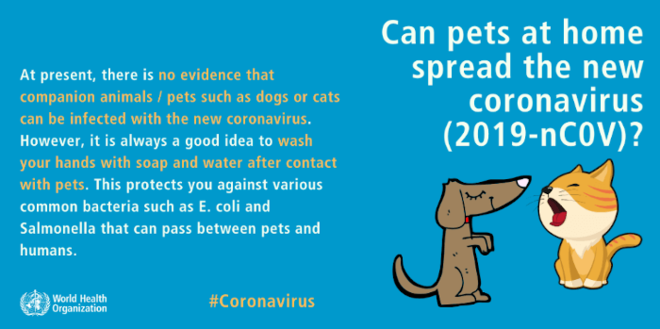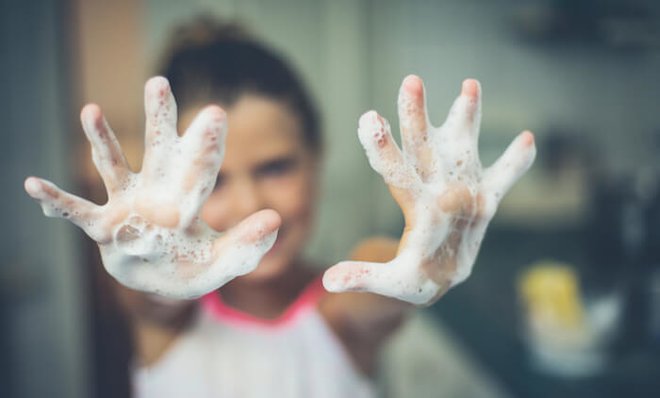As the new Coronavirus continues to spread throughout the US and the rest of the world, you’re most likely stuck at home. Maybe you’ve had to cancel trips, plans with friends, recitals, clubs or sports seasons. Maybe you’re bored, anxious, confused, or all of the above. If so, it’s okay. People all around you and across the country are feeling upset too. Know that healthcare and government leaders in your community are working their hardest to manage the virus. You can help, too. You can also keep doing what’s important to you, you just may have to be a little creative about it. These ideas can help you out while you’re at home:
 If you're anxious, learning the facts about COVID-19 can help.
If you're anxious, learning the facts about COVID-19 can help.
First, the DO’s:
- DO allow yourself to feel anxious instead of burying your feelings. Feeling some anxiety makes sense right now. Try talking to someone about it, even if you tend to bottle your feelings up. Sometimes just getting your thoughts out can make you feel a million times lighter. Or, try sitting quietly to do some deep breathing exercises. Sit in a peaceful place outside, or play your favorite music and just try relaxing. These feelings WILL pass, just like the outbreak will.
 Feeling overwhelmed? Take a walk outside your house to clear your mind.
Feeling overwhelmed? Take a walk outside your house to clear your mind.
- DO go outside for fresh air and exercise--Being in nature relieves stress. Keep a distance of 6 feet between you and others, and avoid touching surfaces that others may have touched.
- DO play with your pet. Your dog is probably thrilled to see you more often. Why not give your pooch some much-appreciated attention?
 Hang with your pet, he'll love the attention!
Hang with your pet, he'll love the attention!
- DO know that the health risk with this virus is very low, and most people who contract it will recover just fine.
- DO make a routine for yourself. Have a general idea of when you want to wake up, do your school work, focus on your interests, and help out around the house. This structure will keep you focused and help ease boredom or stress.
 Find out what routine works best for you at home, and try to stick to it.
Find out what routine works best for you at home, and try to stick to it.
- DO channel your discomfort into useful action. Knowing that you’re doing your part to help the situation will lift your spirits. Not sure what to do? Just following social distancing and hygiene guidelines helps to ease the strain on your local hospitals and helps to stop the spread of germs in your community. You can also find out what’s going on in your community to help those in need at this time, and take part.
- DO connect with family. Be patient with your parents, who are likely a little stressed themselves. Hang out with others in your house a little more. Help them with chores. Call your grandparents. Play good old-fashioned board games, watch movies together, or just talk.
- DO use technology to talk face-to-face with friends. You can’t hang out with your peeps in person, but that doesn’t mean you can’t Facetime them or just plain call them. Make a point to do that regularly.
 To find out fact from fiction, visit a website like CDC.gov.
To find out fact from fiction, visit a website like CDC.gov.
- DO learn about the virus and about how to practice social distancing. Knowing more about it can help ease anxiety. Be careful about where you get your information from though—Only believe the experts and public health officials. Keep washing your hands!
- DO keep doing your thing, just find ways to do it at home. Sure, playing your sport in your backyard won’t be the same as competing with your team, but you can use the extra time to brush up on your skills. If you love art, start a new sketchbook. Love technology? Make some cool videos.
 Brush up on your skills at home while you have extra time.
Brush up on your skills at home while you have extra time.
- DO consider trying something different. Pick up some new skills you’ll need when you get older: Learn to cook, paint your room, do the laundry or change the oil in a car. Help your parents with yard work or learn how to garden.
- DO talk with your teachers. Your school may have set up ways for you to keep in touch with them. Use all of these tools to your full advantage to keep from falling behind too much—You’ll thank yourself when you return to class and it's catch-up time.
 Hang out with your family and help out a little more around the house.
Hang out with your family and help out a little more around the house.
Now, the DON’TS:
- DON’T find someone to blame. Blaming often happens when we’re fearful. Diseases can make anyone sick regardless of their race or ethnicity. Asians are NOT to blame for the spread of this virus just because it originated in China. Do not believe anyone who tells you to blame/stay away from Asian Americans. We must come together and treat each other with dignity, now more than ever.
- DON’T constantly check your phone for news updates. If you want to stay aware of developments with the virus, ask your parents or another adult to tell you about the most important developments. Constantly reading about the virus can make it feel like the situation is worse than it really is and can bring unneeded anxiety. Watch, read and share positive stories that show compassion and people working together to keep others safe.
 Try something different, you may just find you like it!
Try something different, you may just find you like it!
- DON’T get your news from social media or websites that aren't reputable news sources. Most of the misconceptions about COVID-19 come from these sources. Only believe information coming from doctors, scientists and public health officials. CDC.gov and the World Health Organization’s website are good resources.
 Don't learn about COVID-19 from social media, get the facts from CDC.org or the World Health Organization.
Don't learn about COVID-19 from social media, get the facts from CDC.org or the World Health Organization.
- DON’T ignore social distancing rules. You shouldn’t see your friends and you shouldn’t go to public places when it’s not necessary. This is upsetting, but every single person needs to do their part to minimize the number of people who become infected. Young people are at less risk than others, but they can still carry the virus and infect others without having any symptoms. Protect yourself, your family, your older relatives and your community by respecting social distancing rules. Lead by example, even if you happen to see that others are not.
- DON’T stop taking care of yourself. This is not a great time to pull all-nighters or to let personal hygiene go. Go to bed and wake up at roughly the same time every day, eat fresh foods, exercise, and wash up. You’ll feel more energized and in-control, and you’ll keep your immune system strong.
 Work on your sleep habits! Try for at least eight hours of sleep every night.
Work on your sleep habits! Try for at least eight hours of sleep every night.
No one is sure how long the new COVID-19 virus will last in the United States, but we are learning more and more every day. This event will someday appear in history books. And what will be said of it? When this is all over, what will they say about how we treated each other? Did we work together? Did we think about others? Did we grow stronger and learn from our mistakes? How we responded to its challenges will be remembered most. So make the most of this extra time with your loved ones, learn new things, take care of yourself and others, stay positive, and know that you're not alone.
 Wash your hands and have good hygiene habits!
Wash your hands and have good hygiene habits!
Share WIth Kidzworld
How are you feeling about staying home? Please keep in touch with us below!

































